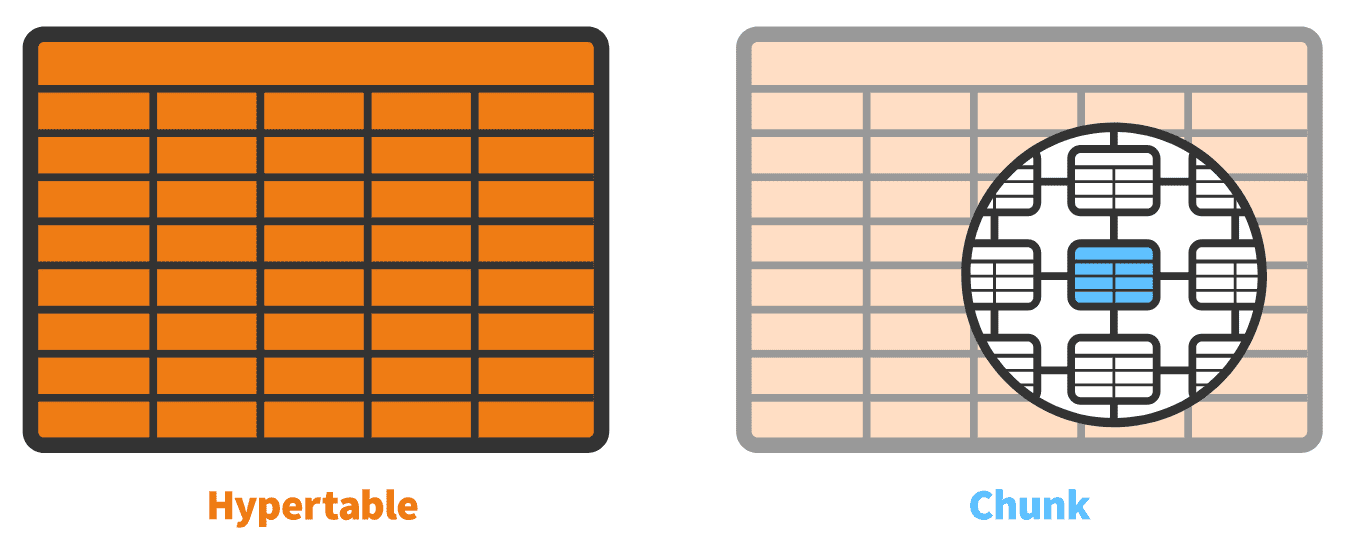Using Postgres and TimescaleDB with Node.js
JaxNode June 2021

About Me
fek.io/blog
youtube.com/c/polyglotengineer
github.com/davidfekke
@jaxnode @polyglotengine1

Databases
- Relational
- Column
- Document
- Graph
- Event Store
SQL vs NoSQL
-
Single Point of Failure
Slow
Difficult to Scale
Data broken up in Tables
Bad support JSON docs
+
Use Standard SQL
Lots of experienced DBAs
Efficient Data space
ACID
SQL
- Simple set based language
- Four Commands
- SELECT, INSERT, UPDATE & DELETE
- JOIN tables in a single query
- Manipulate many rows with one statement
- Create Indexes and Views
- Stored Procedures
SQL Database Vendors
- Oracle
- IBM DB2
- Microsoft SQL Server
- SQLite
- MySQL MariaDB
- Sybase
- Postgres TimescaleDB
- AWS RDS

One Database to Rule them All!
PostgreSQL
- Successor to Ingres at Cal Berkeley
- Started in 1985
- Open Source
- ACID compliant
- Can store JSON Documents
- PostGIS
- Supports Extensions
TimescaleDB
- Extension to Postgres
- Meant for high volume insert
- Strength is time series data
- Perform along NoSQL competition
- Hypertables
- Works with Chunks of data
Query Tools Recommended
- pgAdmin
- TablePlus
- pSequel
- HeidiSQL
- dbForge
- SQLPro
ACID
- Atomicity: if one part fails, they all do
- Consistency: Data must be valid
- Isolation: all transactions can't interfere with others
- Durability: Will not loose data
SELECT *
FROM Users
WHERE clue > 0;
-- results: 0SQL Statements
SELECT
id, firstname, lastname, age
FROM
person
WHERE
age >= 32;SELECT p.firstname, p.lastname, p.age, t.username
FROM person p
JOIN user_table t
ON p.id = t.person_id
WHERE p.age > 32;SELECT p.firstname, p.lastname, p.age, t.username
FROM person p
LEFT JOIN user_table t
ON p.id = t.person_id
WHERE p.age > 32;| id | firstname | lastname | username |
|---|---|---|---|
| 1 | John | Smith | NULL |
| 2 | Bob | MacKenzie | bmac |
| 3 | Jane | Doe | NULL |
Data Definition Language
- DDL for short
- Create Tables
- Create Indexes
- Create Views/ Materialized Views
- Create Stored Procedures
CREATE TABLE stock (
id SERIAL PRIMARY KEY,
symbol TEXT NOT NULL,
name TEXT NOT NULL,
exchange TEXT NOT NULL,
is_etf BOOLEAN NOT NULL
);CREATE INDEX ON mention (stock_id, dt DESC);CREATE VIEW comedies AS
SELECT *
FROM films
WHERE kind = 'Comedy';create or replace procedure movemoney(
sender int,
receiver int,
amount dec
)
language plpgsql
as $$
begin
-- subtracting the amount from the sender's account
update bank_accounts
set balance = balance - amount
where id = sender;
-- adding the amount to the receiver's account
update bank_accounts
set balance = balance + amount
where id = receiver;
commit;
end;$$create function get_disc_count(len_from int, len_to int)
returns int
language plpgsql
as
$$
declare
disc_count integer;
begin
select count(*)
into disc_count
from disc
where length between len_from and len_to;
return disc_count;
end;
$$;Postgres Extras
- JSONB Documents
- JSONB indexing
- PostGIS
- Location Based Search
JSONB Functions
- @> Contains
- -> Returns JSON object
- --> Returns text
- ? Existence
- jsonb_each
- jsonb_object_keys
- jsonb_extract_path
PostGIS
- Type of GEOGRAPHY(POINT,4326)
- Latitude and Longitude
- Can store Lines and Multi-points
- INSERT INTO t (name, geo) VALUES ('me', POINT(-109 29))
- All calculations done on spheroid
Timescale Extras
- Used by companies collecting real time data
- Optimizations around time
- 10-100% faster than normal Postgres
- Uses Hypertables
- Data inserted into Chunks
- Horizontally scale to Petabytes

CREATE TABLE mention (
stock_id INTEGER,
dt TIMESTAMP WITHOUT TIME ZONE NOT NULL,
message TEXT NOT NULL,
source TEXT NOT NULL,
url TEXT NOT NULL,
PRIMARY KEY (stock_id, dt),
CONSTRAINT fk_mention_stock FOREIGN KEY (stock_id) REFERENCES stock (id)
);
CREATE INDEX ON mention (stock_id, dt DESC);
-- Hypertable Created Here
SELECT create_hypertable('mention', 'dt');Node.js and Postgres
- use the 'pg' module
- > npm i pg --save
- Use Connection Pools
- Can also use Clients, but harder to manage
import path from 'path';
import { promises as fsPromises } from 'fs';
import PG from 'pg';
const Pool = PG.Pool;
const pool = new Pool({
user: 'postgres',
host: 'localhost',
database: 'etfdb',
password: 'password',
port: 5432
});
try {
const nysedata = await fsPromises.readFile('NYSE_screener.csv', 'UTF-8');
const nyseArray = nysedata.split('\r\n');
nyseArray.shift();
for (let item of nyseArray) {
const row = item.split(',');
console.log(`NASDAQ Symbol: ${row[0]}, name: ${row[1]}`);
await pool.query(insert_query,[row[0], row[1],'NYSE', 'false']);
}
} catch (err) {
console.error(err);
}
pool.end();Demo
Links
- postgres.org
- timescaledb.com
- fek.io/blog/using-postgres-and-timescale-db-with-node-js-series
- fek.io/blog/using-postgres-and-timescale-db-with-node-js-series-part-2
- fek.io/blog/using-postgres-and-timescale-db-with-node-js-series-part-3
Questions?
Using Postgres and TimescaleDB with Node.js
By David Fekke
Using Postgres and TimescaleDB with Node.js
- 1,055



